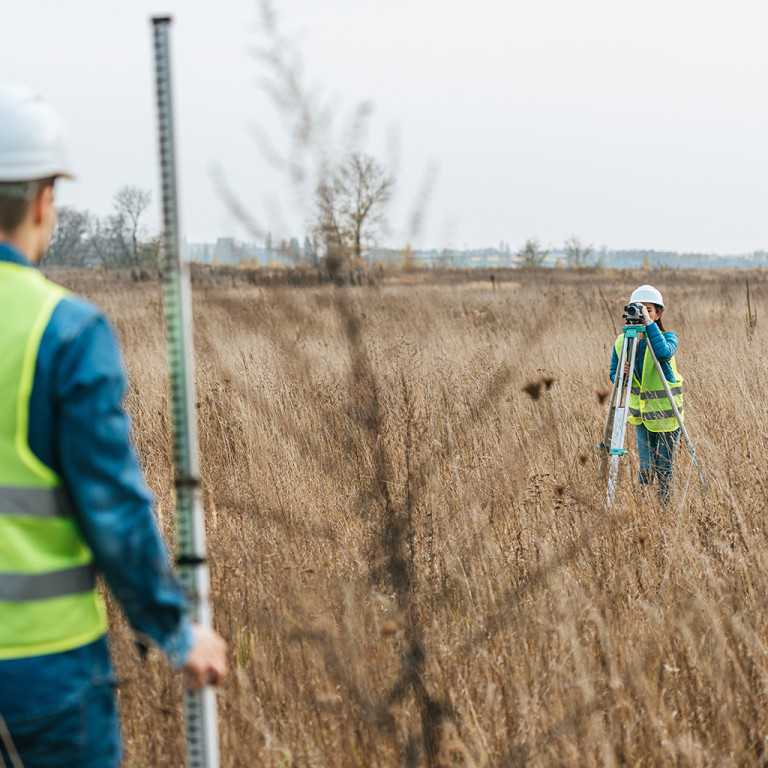The planning process is a long and complicated one, which may not always produce the result you desire. If a planning application isn’t filed correctly, or there are objections to the plan, then it can be thwarted at the first hurdle.
What happens if planning permission is refused?
Firstly, if you think a council planning department has made an incorrect decision regarding your application (or if you haven’t received a decision on your application within eight weeks), you can request that the Planning Inspectorate takes a look at the case.
This is more commonly known as a planning appeal and gives you the chance to address any inaccuracies that may have caused the application to be rejected. If an appeal is lodged and then accepted by the Inspectorate, they will then do a top-to-bottom investigation. This includes not only your original application in its entirety, but the council’s response to it and any development plans that are in place.
How can I appeal a planning decision?
You can request that the Planning Inspectorate takes a second look at your application for planning permission on the following grounds:
- If the council refused your application for reasons you disagree with
- If the council has given permission but with conditions attached that you regard as unreasonable;
- If the council has refused to approve the details of a scheme which has already been given outline planning permission;
- If they have approved the details of a scheme but again, with conditions that could be regarded as unreasonable
- If you have proposed a solution to meet a condition and it has been rejected
- If the council has taken more than 8 weeks (or 13 weeks for large developments) to make a decision on the application
- If the council has refused an application because it involved the felling of a protected tree.
How long do I have to appeal a planning decision?
The longer you leave it, the less chance you have of lodging a successful appeal. If you’re a householder, then you have up to 12 weeks to submit an appeal from the date of the decision. If your planning permission includes listed building consent, then you have up to six months to lodge an appeal. For trees, the period is much shorter, just 28 days from receipt of notification. If you lodge an appeal beyond these cut-off points then you can pretty much guarantee that it’s going to be immediately rejected, and you’ll have to start the whole planning permission process from scratch.
How likely am I to succeed in appealing a planning decision?
Generally, one in three appeals is successful, but it will entirely depend on the circumstances, and how each individual application relates to local and national planning regulations. Appeals must be made in line with the development plan, unless there are very clear mitigating circumstances.
It’s not a quick process, and one that we recommend you don’t tackle on your own. Planning law is incredibly complex, and many legal experts build a career dealing just with planning application refusals and appeals. That means it will cost you to put an appeal through with the right legal help (although the appeal process itself doesn’t cost anything).
You and your legal expert will be required to make a written representation, with statements, evidence and any relevant information presented in full. The Inspectorate may even request a site visit to help them make a decision. You can also request an informal hearing or Public Local Inquiry, but if the Inspectorate feels there would be no benefit to this, they can and will refuse that request.
A decision is final, but you will have a full explanation as to why your application has been rejected. You can then work with your legal team, an architect, or any other relevant professionals to take another look at the application, and then resubmit. If you have any questions or are trying to navigate your way around the tangled web that is UK planning regulations, talk to a legal expert who specialises in planning applications to help you get the best result.
Find out more
Our experienced team of planning solicitors are on hand to advise on any proposed development, or, potential or current enforcement action.






